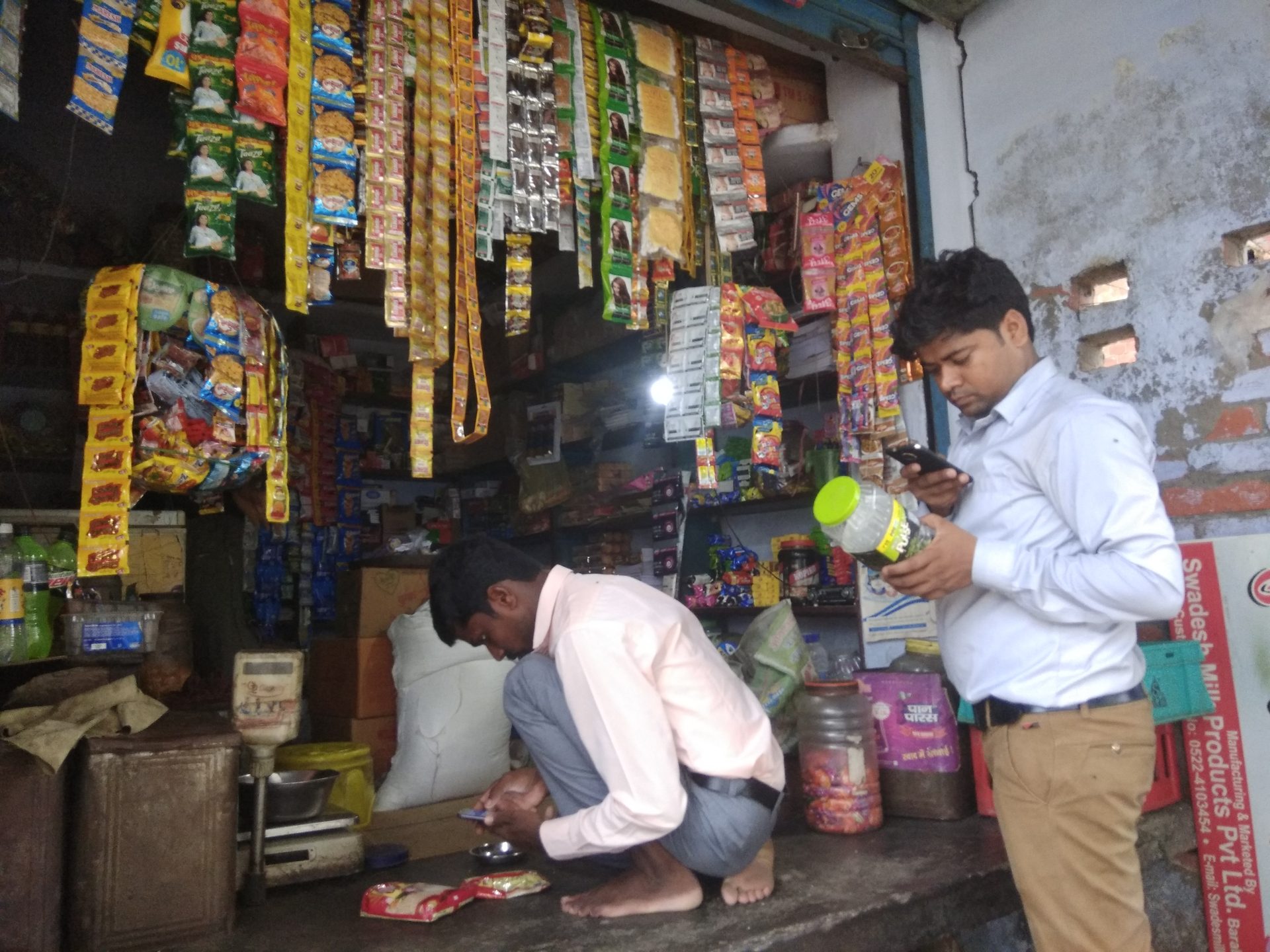
Quality, access and affordability of foods to populations living in urban, slum and rural settings in four states of India
India is suffering from a double-burden of diet-related ill health. This is due to the joint effects of nutritional deficiencies and the over-supply of adverse dietary components such as harmful fats, salt, added sugars and energy. There has been a significant national effort to address micronutrient deficiency disorders in India with strong evidence of success - since 1990 it is estimated that the burden attributable to these conditions has fallen by almost two thirds although millions continue to be affected every year.
Health problems caused by excess consumption of adverse dietary components has over the same time risen by about 80%. An integrated program that addresses both the under- and over-supply of dietary components is now required to address these issues in parallel.
The consequences of malnutrition caused by under-consumption of essential foods in India have fallen over the last decade - stunting among children has declined from 48% to 38% and underweight from 43% to 36% though overall prevalence remains high, as does the prevalence of anaemia at 59% among children, 53% among women and 23% among men.
Over the same period, rates of overweight and obesity in India have almost doubled from 13% to 21% amongst women and from 9% to 19% among men.
Aim: To quantify the access to healthy foods from retail outlets in urban, rural and slum communities of India. Specific objectives include, for packaged and unpackaged foods, measurement of the types of foods available; the completeness of food labelling; the nutritional quality of the foods; and, the price of the foods. Assessments will be made overall, for different communities (urban, slum and rural) and for each included State.
Research Methodology:
The study is a cross-sectional survey of the foods available in the large, medium and small retail outlets serving urban, rural and slum communities in four States: Delhi/Haryana, Telangana/Andhra Pradesh (AP), Bihar and Uttar Pradesh (UP) states of India.
The project is funded by The Bill and Melinda Gates Foundation.
Current status: Study protocol was developed and ethical approval was sought in February’19. Data collection protocol and application have was developed. Data collection and data entry is complete in all states. Data cleaning and analyses activities are being carried out. Draft report will be developed and shared with key stakeholder by January 2019.




